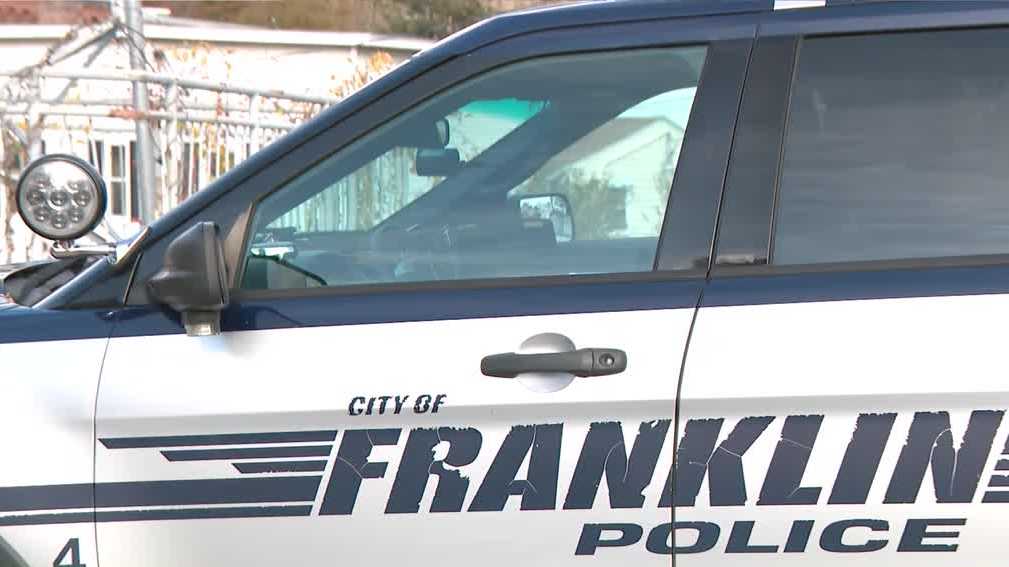
In the wake of a mass shooting in Maine, law enforcement officials in New Hampshire said they have tools they can use to respond to someone in a mental health crisis.Franklin police Chief David Goldstein said it all starts with training. In the absence of yellow- or red-flag laws, knowing how to recognize that a person is in crisis and de-escalate a situation can be the key to preventing a tragedy. Goldstein was one of the first in New Hampshire to push for officers to go through specialized mental health training. He said that the process begins at the academy and continues throughout an officer’s active career. He said he teaches officers about some of the most modern approaches to policing and mental health. Goldstein said that at times, his officers play a role in a person being involuntarily committed for mental health treatment, usually by providing information and evidence to a judge who is signing off on that order. He said the best tool for preventing a tragedy is preparing officers at the highest level possible to be able to identify when a person is in crisis and how to respond. “By understanding what’s going on, by taking the information we have and making the observations we can, we can now get more involved on a higher level,” he said. “Not that we’re clinicians, by any stretch, but certainly, we can think clinically.”Maine Gov. Janet Mills is ordering an investigation into last week’s mass shootings that killed 18 people. The investigation will include a look at the mental health warning signs that appear to have been missed by multiple parties in the months leading up to the shootings.
In the wake of a mass shooting in Maine, law enforcement officials in New Hampshire said they have tools they can use to respond to someone in a mental health crisis.
Franklin police Chief David Goldstein said it all starts with training. In the absence of yellow- or red-flag laws, knowing how to recognize that a person is in crisis and de-escalate a situation can be the key to preventing a tragedy.
Advertisement
Goldstein was one of the first in New Hampshire to push for officers to go through specialized mental health training. He said that the process begins at the academy and continues throughout an officer’s active career.
He said he teaches officers about some of the most modern approaches to policing and mental health.
Goldstein said that at times, his officers play a role in a person being involuntarily committed for mental health treatment, usually by providing information and evidence to a judge who is signing off on that order.
He said the best tool for preventing a tragedy is preparing officers at the highest level possible to be able to identify when a person is in crisis and how to respond.
“By understanding what’s going on, by taking the information we have and making the observations we can, we can now get more involved on a higher level,” he said. “Not that we’re clinicians, by any stretch, but certainly, we can think clinically.”
Maine Gov. Janet Mills is ordering an investigation into last week’s mass shootings that killed 18 people. The investigation will include a look at the mental health warning signs that appear to have been missed by multiple parties in the months leading up to the shootings.
